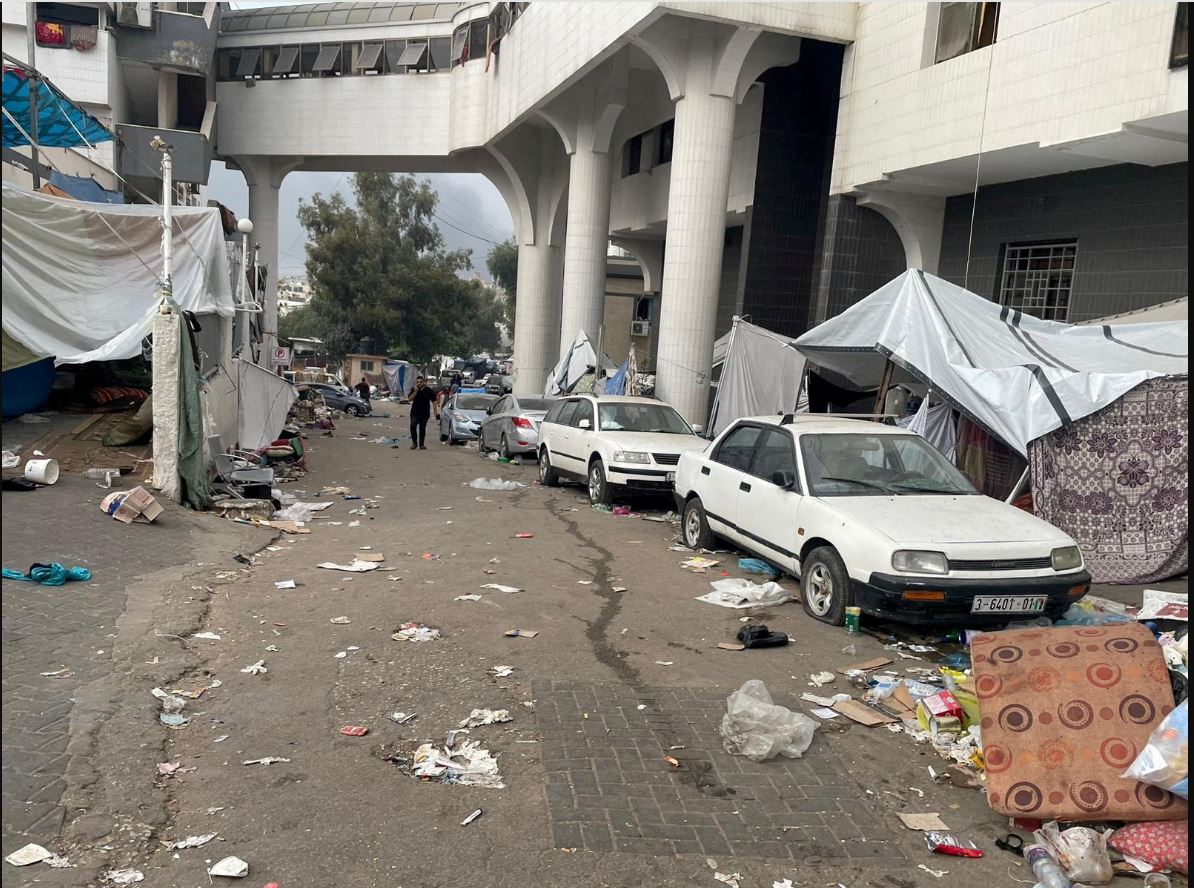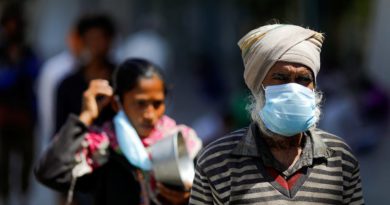Nepal’s ailing Prime Minister Oli reshuffles his cabinet
Kathmandu (Reuters) – New ministers were inducted into Nepal’s government on Thursday as part of a cabinet reshuffle by ailing Prime Minister K.P. Sharma Oli, who is trying to strengthen his grip, improve ties with a powerful ally and minimise internal party conflict.
A government statement issued late Wednesday said Oli dropped six cabinet ministers and three junior ministers.
Oli’s critics said the political leader was adding loyalists to his government because political allies were questioning the 67-year-old leader’s authority. He has been in poor health since a kidney transplant in India in 2007.
Although local media have reported that Oli may seek further treatment soon, his office has remained silent on the issue.
Oli, a moderate Communist, led a coalition with former Maoist rebels to a shock victory in national elections about two years ago. The former Maoists have since merged with Oli’s group.
In what was seen as a large concession to former Maoists, Oli agreed to allow former rebel chief Prachanda to be the executive chairman of the ruling Nepal Communist Party, a party spokesman told reporters on Wednesday.
Prachanda has been pressing Oli to let him take over as prime minister before his term expired in 2022 under a power sharing deal between the two leaders.
Independent political analysts allowing Prachanda to run the party will let Oli complete his term as prime minister.
Oli during his first term stood up against a border standoff with India, a neighbouring power with major political and economic clout in Nepal.
The dispute resulted in a months-long shortage of essential goods like fuel and medicines in 2015 and 2016. India has denied imposing a blockade.
Since then Oli has been considered closer to China, which agreed to study whether a Chinese rail link could be extended to Nepal’s capital city, Kathmandu, and to help construct a tunnel across the Himalayas to Tibet.
China has also agreed to grant landlocked Nepal access to its roads and ports as the Himalayan nation seeks to lessen the dominance of India.



